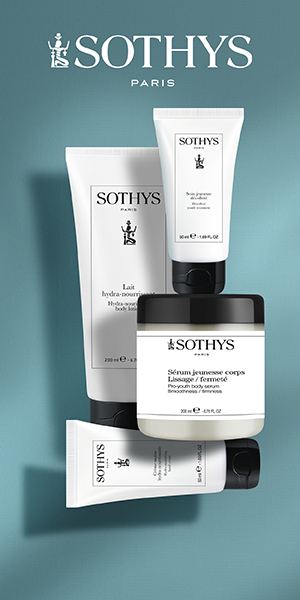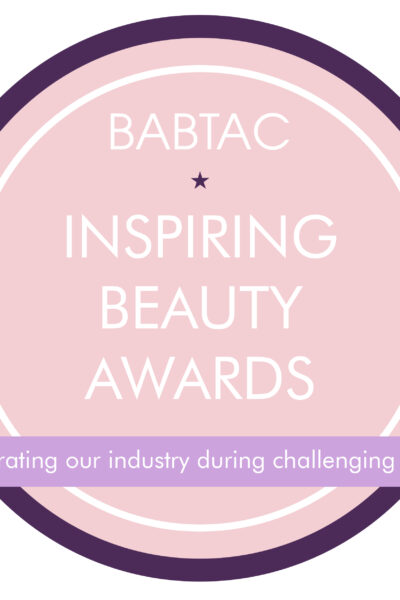BABTAC has compiled advice for its members on what to consider when treating someone who is transitioning, and how best to support customers who could be going through a full transformation.
These include:
- Making sure to use the correct name and pronouns
- Being realistic about timescales and results
- Being aware of pain management; hormone treatments may cause additional sensitivity
- Being discrete
- Considering specialist training on top of existing qualifications
- Considering applying to be on the NHS funding list of practitioners
Gender, not ‘sex’
Joëlle Rotsaert, co-founder of a new open-to-all injectables studio in London, Injectual, said: “Growing up with gender dysphoria, I know first-hand just how empowering the world of surgery and aesthetics can be and why it’s so important for beauty salons and spas to educate themselves to cater for transgender clients.
“It’s so important to show trans and LGBTQIA+ people you’re a welcoming, educated and inclusive business. For instance, you’d be surprised how many businesses still ask for people’s ‘sex’ rather than ‘gender or preferred pronouns’ on guest intake forms.
“If you are part of the trans community, this doesn’t give you much confidence in how you will be treated, how open-minded the business is or the quality of service you’ll receive.
“Educating yourself is a really good way to become as inclusive as possible.”


















